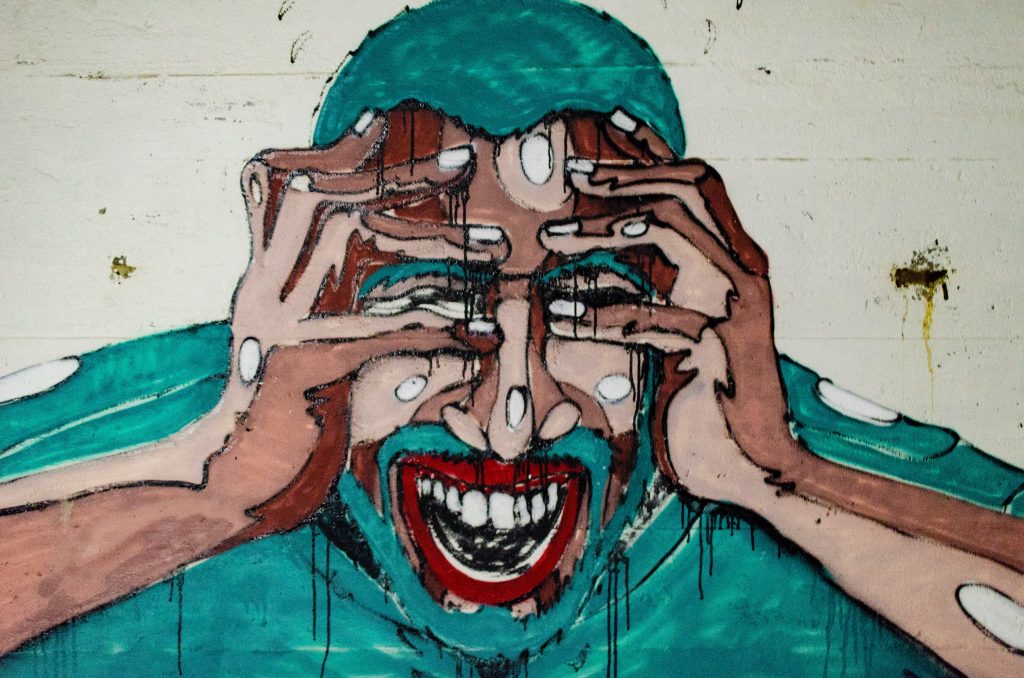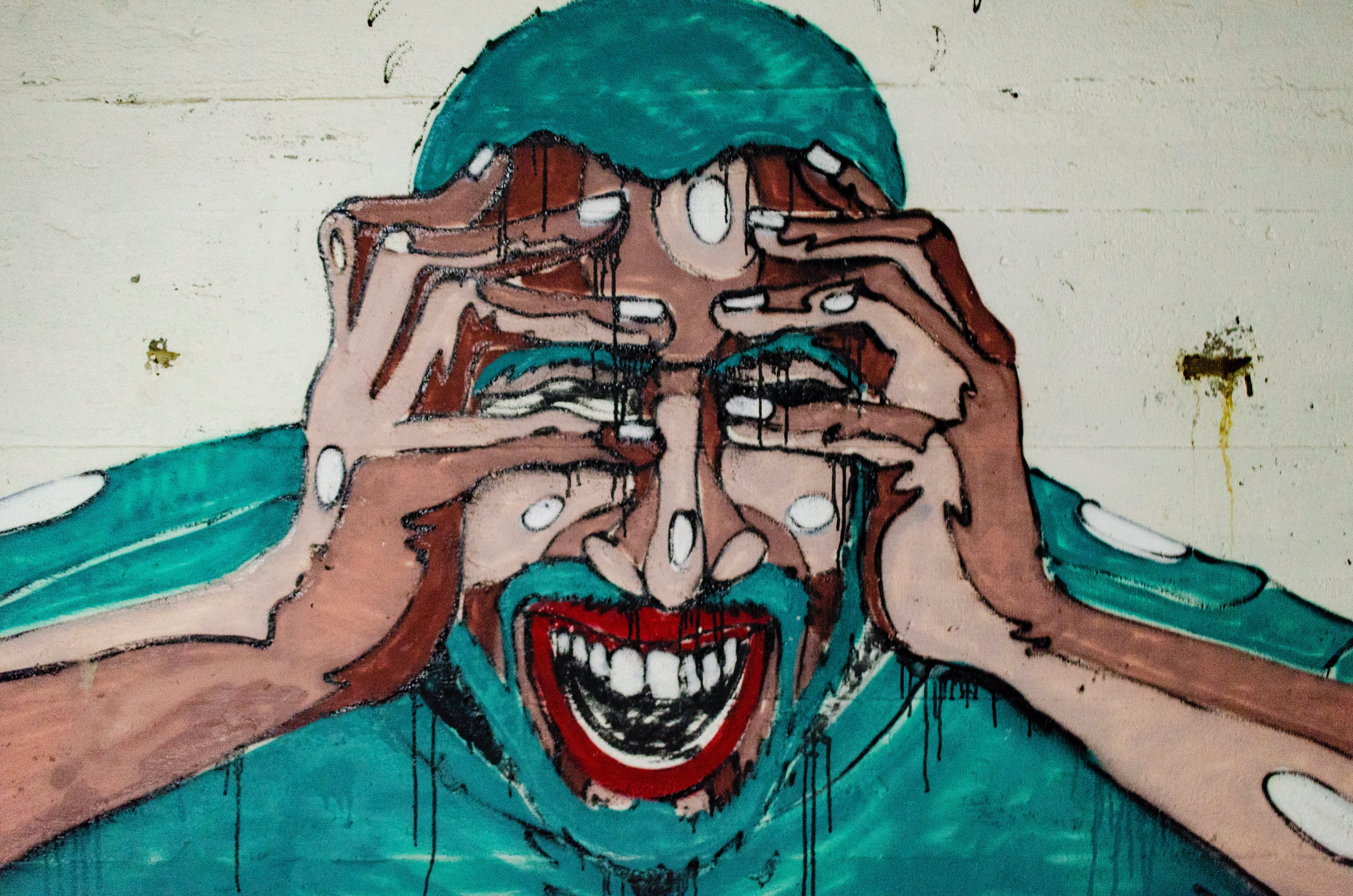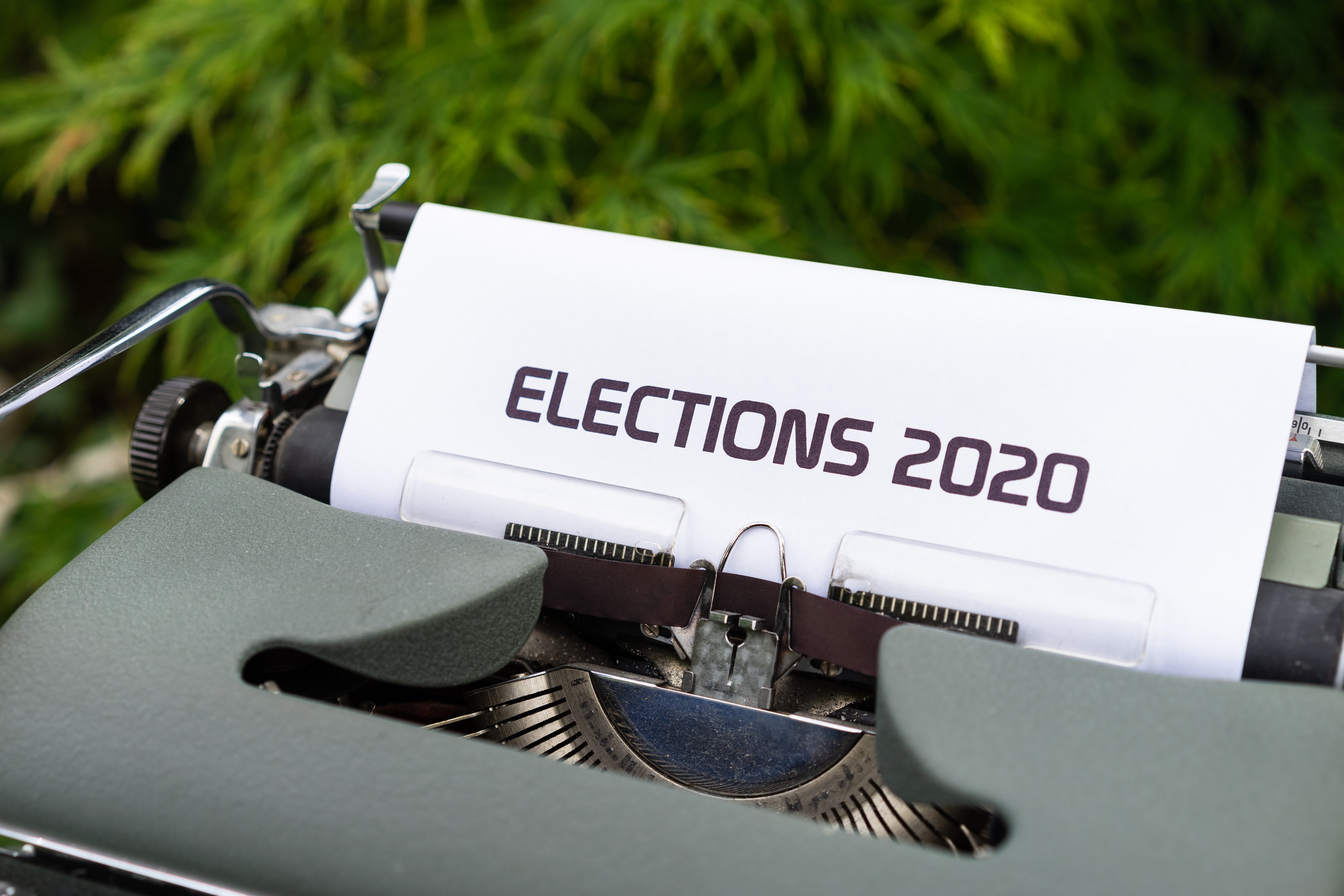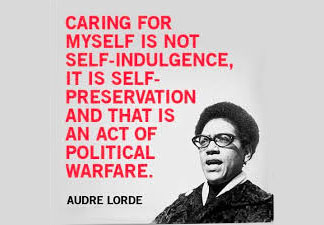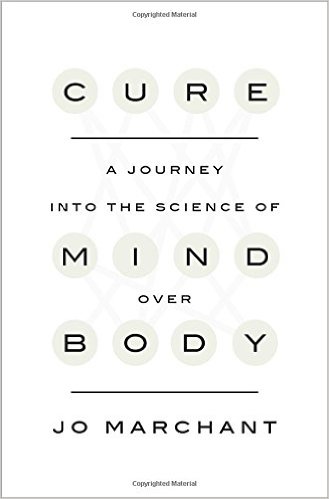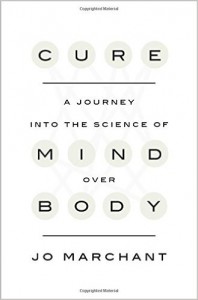“COVID is (Almost) Over: Why Don’t I feel OK?”
This past 15-plus months of pandemic life has been a crash course in tolerating uncertainty. Remember when we weren’t sure how COVID spread? Remember when we weren’t sure if we should be wiping down our newly-purchased cereal boxes and bananas? Remember when we weren’t sure what school was going to look like in the months ahead? (Oh, wait… I think that last one about school is STILL true. Yikes.)
Living with the uncertainty brought on by COVID has been no joke. And the stress is still impacting our bodies even as life returns to some semblance of pre-COVID normalcy. Every week I see clients describing difficulties with concentration and focus and irritability and motivation and – last but not least – exhaustion. Is it possible that these clients are anxious or depressed or have ADHD? Yes, of course. But it’s also true that we’re still reeling from a catastrophe most of us couldn’t have imagined two years ago. We all just experienced – and are still experiencing – an ongoing trauma. Our lives were just turned upside down – and stayed that way for more than a year. Of course we’re not going to feel great. Of course we’re going to be struggling.
This relates to an insidious kind of suffering that I see a lot (and that I’m not immune to myself). It happens when we have an unpleasant experience (like “ugh, I’m exhausted”) and then judge ourselves for that experience (like “I shouldn’t be exhausted”). It has variations: I’m grieving a death or break up, but I should be over it by now. Or: I just had a promotion fall through, and something’s wrong with me because I can’t let it go yet. Or: I am struggling but I have so much, so therefore I am wrong to be struggling. (See: privilege syndrome.)
I find that it’s always useful to help clients set realistic expectations for the time and effort it can take to recover from a difficult experience or a trauma. And just because COVID is almost over, that doesn’t mean your body has gotten the message. Our stress is not, unfortunately, a switch that we can just turn on and off. That’s why – if you go on vacation – you don’t automatically feel relaxed. Your body and mind can be in stress-mode even if you’re wearing a swimsuit drinking a mojito.
Think about it like this: your nervous system has likely been on overdrive for more than a year straight at this point, with many more “fight and flight” moments (complete with the release of stress hormones like cortisol and adrenaline) and many fewer “rest and digest” moments. At this point, your body has developed a stressed-out baseline rather than a baseline that’s neutral or even relaxed. So it can take some intentional effort to reset and to re-teach our bodies that we are safe with no imminent threat to ourselves or the people we love.
BUT YOU ARE NOT A LOST CAUSE. YOU DON’T HAVE TO LIVE LIKE THIS FOREVER. There are some things we need to learn to accept in life (the need for sleep; the reality of pollen; the deliciousness of pizza). But feeling agitated, panicky, and anxious ALL THE TIME is NOT something we need to accept.
The brain is beautiful, and complicated, and capable of changing. So is your body. So are you, as a person who has survived long enough to be able to find and read this blog post. You deserve to feel okay, no matter your privilege or lack of privilege. You deserve to feel okay, no matter who you are.
